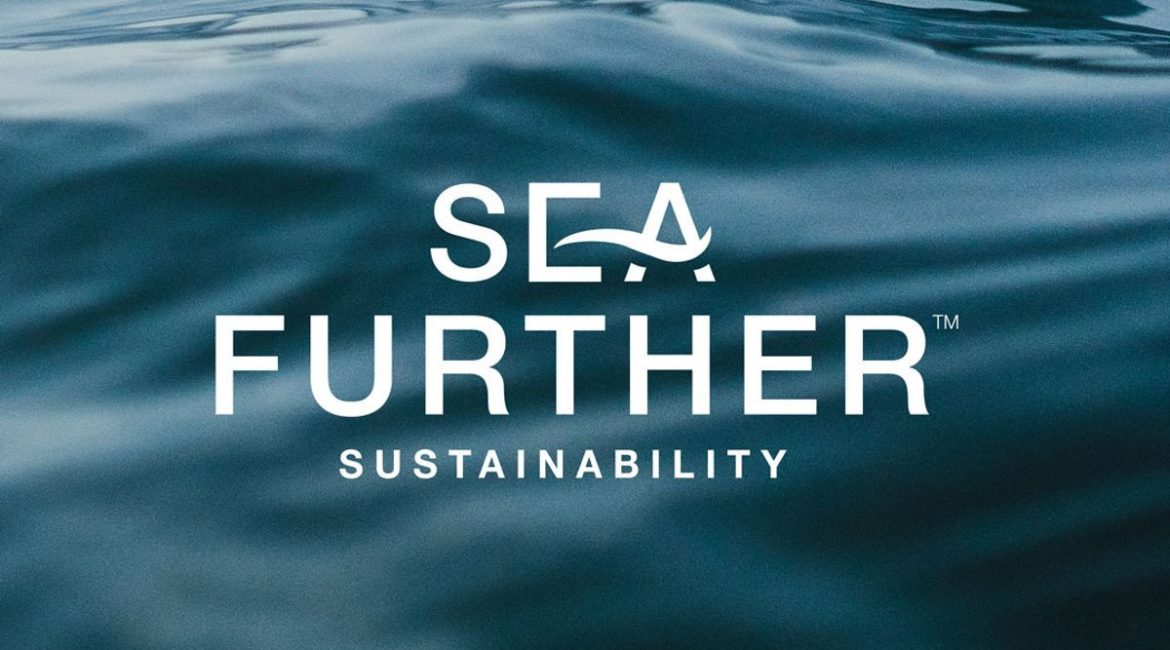CQN launches SeaFurther™ Sustainability program – a customer solution to reduce greenhouse gas emissions
Demand for protein is rising around the world — and nothing’s growing faster than seafood. But aquaculture has to grow sustainably or we risk depleting our oceans.
That’s why Cargill Aqua Nutrition (CQN) is launching SeaFurther Sustainability, a program to help salmon farmers reduce the environmental footprint of their fish by 30% by 2030. Along the way, we’ll also help the industry save two billion kilograms (4.4 billion pounds) of carbon dioxide — the equivalent of removing more than 400,000 cars from the road in a year.
Much like BeefUp Sustainability, our program aimed at reducing emissions in our North American beef supply chain, SeaFurther will contribute to Cargill’s climate commitments, focus on farmers and bring in partners across the supply chain.
As Heather Tansey, sustainability leader for the program, explains, it will target three key areas:
- Transforming our supply chains. Our feed is designed to help make sure the environmental footprint of aquaculture is as small as possible. That’s why we work closely with our suppliers to grow planet-friendly ingredients and find ways to reuse by-products, like fish trimmings that would normally be discarded, whenever we can. Together, we strive to identify and source novel ingredients that create even more sustainable feed, helping our customers and partners achieve our shared sustainability goals.
- Doing more with less. We focus on ways to increase fish efficiency, getting the most out of production while using fewer resources and reducing our impact on the ocean. By seeking to put fish nutrition first, we are harnessing the power of science and nature to do more with less.
- Safeguarding farmed fish. The health of farmed fish is intrinsically linked with the health of our planet. So, we put fish welfare at the top of our agenda. We take time and care to develop fish nutrition that protects the lives of farmed fish and helps keep them healthy. We’re committed to educating our customers and working with them to make sure the fish in their care are managed to the highest standards.
Salmon farmers already take their roles as ocean stewards seriously. Many have set up greenhouse gas reduction goals or are in the process of doing so.
They can’t get there without our help — feed represents between 60% and 90% of their emissions. With SeaFurther Sustainability, Cargill is positioned to help them achieve their goals and lead transformation across the sector.
“We can apply these concepts according to the best opportunities that we identify for an individual salmon farmer, recognizing that the needs of each can be different,” says Pilar Cruz, CQN group leader. “This will identify the best opportunity for each farmer so, together, we will reduce their greenhouse gas emissions.”

